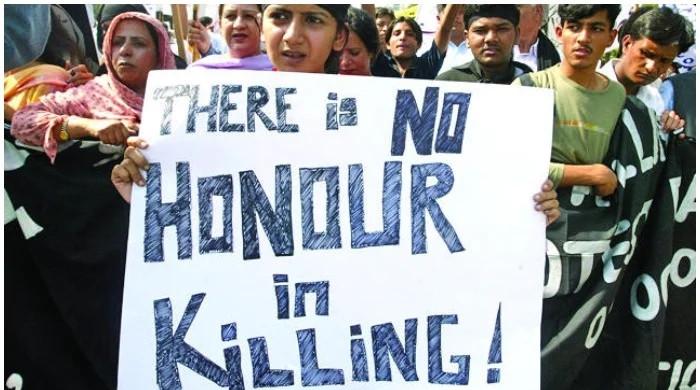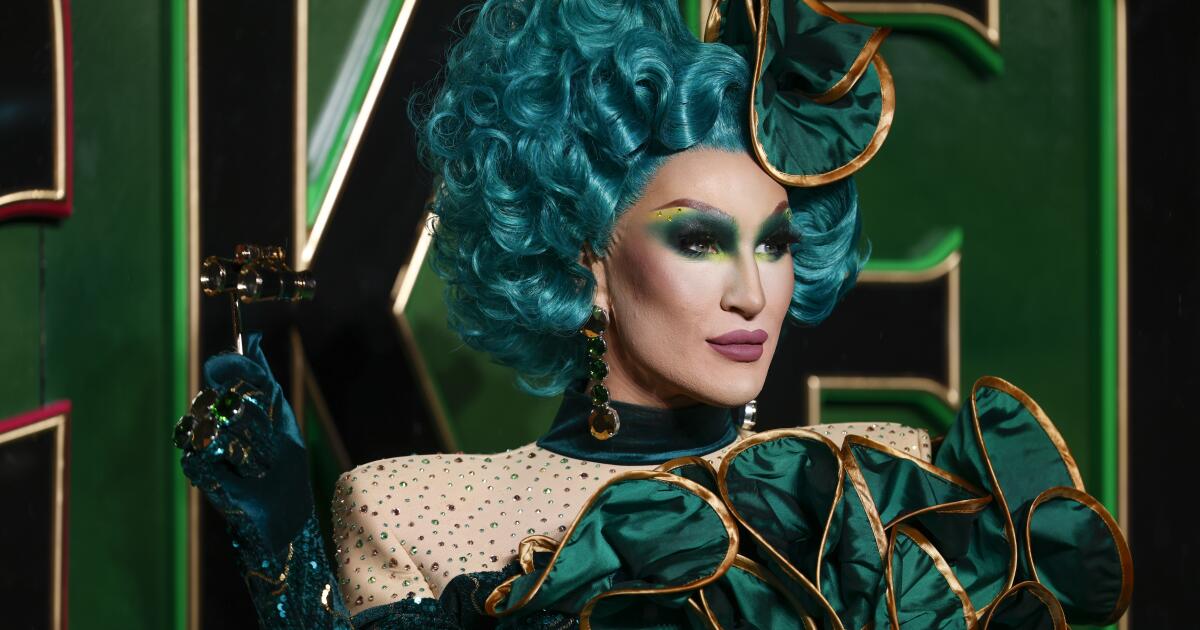Woody Harrelson is taking a cannabis bill to the top.
The Emmy Award-winning actor and veteran marijuana activist is urging Gov. Gavin Newsom to sign a bill that would allow Amsterdam-style cannabis cafes in California. After all, he has a personal stake in the matter: He co-owns the Woods WeHo cannabis dispensary and lounge in West Hollywood.
“We just need a small crumb, which is the ability to sell non-cannabis items in the lounge,” Harrelson said in a recorded video that the bill’s author, Assemblyman Matt Haney (D-San Francisco), posted Monday on Instagram. “I don’t see how that hurts anybody. Please let’s make this happen.”
The three-time Oscar nominee, who last year He visited the Capitol Urging lawmakers to legalize marijuana at the federal level, he called the California bill “extremely important” for lounges and dispensaries across the state facing closure due to “all the taxes, all the regulations that are crippling our industry.”
“I'm actually an anarchist. I don't even like government,” the actor said, “but I'm here trying to do the right thing and I hope Newsom and others do the right thing.”
A representative for Harrelson did not immediately respond Wednesday to The Times' request for additional comment.
Last year, Newsom vetoed an earlier version of the bill, citing concerns about “longstanding protections prohibiting smoking in workplaces.”
“At the governor’s urging,” Haney introduced a revised version of the bill in January that has since passed the state Assembly and Senate with ease. Newsom has yet to issue a ruling.
If passed, AB 1775 would authorize local jurisdictions to allow licensed cannabis retailers to prepare and sell non-cannabis-infused food and non-alcoholic beverages. The bill would also allow coffee shops to offer live music and other entertainment.
Haney expressed hope at a news conference at Woods Dispensary on Friday that Newsom would support the legislation.
“The governor recently said that the future is here first,” he said. “Well, this is the future. This is the future when it comes to adult-use cannabis. This is the future when it comes to supporting our small cannabis businesses and their ability to thrive.”
Haney went on to say that voters approved Proposition 64 in 2016 because they wanted to be able to use legal cannabis in a social setting “and yet at the same time, [the state has] This arbitrary, misguided and retrograde ban” on dispensaries engaging in anything but marijuana remains in place. (Cannabis cafes in West Hollywood operate with workarounds that separate their food businesses from dispensaries, including partnering with nearby restaurants to deliver food to their customers, The Times previously reported.)
“AB 1775 is very simple,” Haney said. “It lifts that ban,” allowing legitimate California cannabis businesses “to thrive and compete with the illegal market that unfortunately continues to grow much faster than the legal market.”
On top of that, Haney said, legalizing cannabis cafes will create the kind of “good jobs, good-paying jobs” that are “bringing back our business districts when many are still struggling after the pandemic.”
Newsom has until Sept. 30 to sign or veto the bill, which would take effect Jan. 1.
Staff writer Laura J. Nelson contributed to this report.












